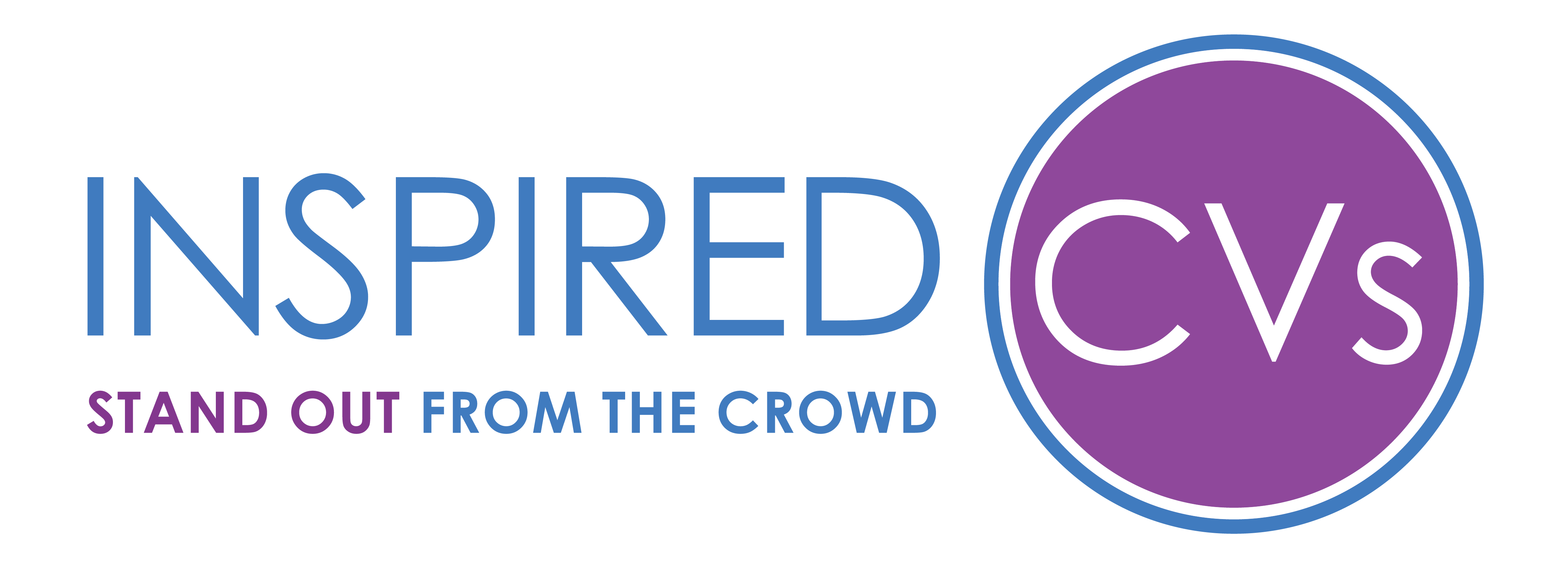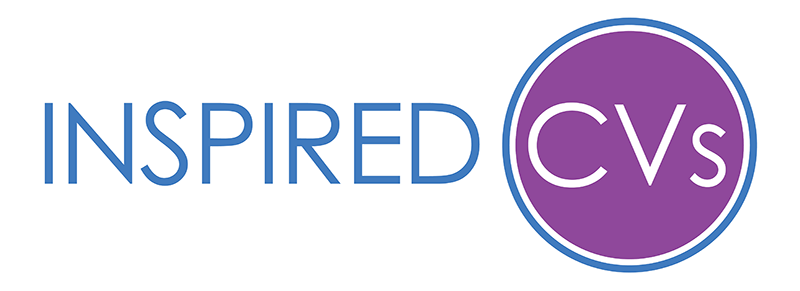At Inspired CVs, we are often asked about an ATS and whether or not our professional CVs will be written in a way that helps them pass through these systems. Some candidates have heard about the ATS but are still determining its significance. Hopefully, This blog will give you more information on an ATS and how we can help you get your CV through these systems.
What is an ATS?
An ATS (applicant tracking system) is software that helps to improve the recruitment process. When you apply for a job, and the employer has an ATS in place, the software will scan the CV to ensure you have the right experience and skills for the role. It will do this by using keywords from the job description. For example, if you are required to have Excel experience and have not included this on your CV, the chances are that your CV will be filtered out of the process. As you can imagine, this is frustrating if you know you have the right skills and expertise for the role.
Why do employers use an ATS?
Large organisations mainly use an ATS with a high number of vacancies. They may be receiving hundreds or even thousands of applications for each role, so the ATS allows them to quickly sift through the applications without having to do it manually. The remaining applications are those that will fit the basic criteria of the role, leaving the recruiters to go through these in more depth so they have a shortlist to invite to interview.
How to ensure your CV is ATS-ready
When we create CVs for our candidates, we always ensure they are ATS-ready. These are some ways we can help your CV pass through an ATS.
Relevant keywords
Most candidates don’t have a job they wish to apply for when they use our professional CV writing service - but they usually have a general idea. With our knowledge and experience in CV writing, we can adapt the CV to ensure it covers the main elements of the roles you will be applying for. Of course, you can always make minor tweaks when applying for roles to help improve your success.
Common job titles
Job titles come in all shapes and sizes, and with our professional CV service, we will adapt your job title to ensure it fits with the most common that an ATS will recognise. For example, if you are a ‘sanitation worker,’ we may change this to ‘cleaner’ to reflect a title the ATS will understand.
Clear design and layout
A clear design and layout of your CV are important both for aesthetic reasons and functionality. If your CV is not clearly laid out, the ATS may not be able to pick out the keywords it needs, and therefore, you may fail to pass through the system.
What else do you need to know
Although it is vital to ensure your CV passes through the ATS, we also write the CV in a way that ensures it relates to humans. After all, a human will always look at the CV at some point during recruitment.
If you need a professional CV, contact us to learn more about our services. Alternatively, you can order your CV here.









